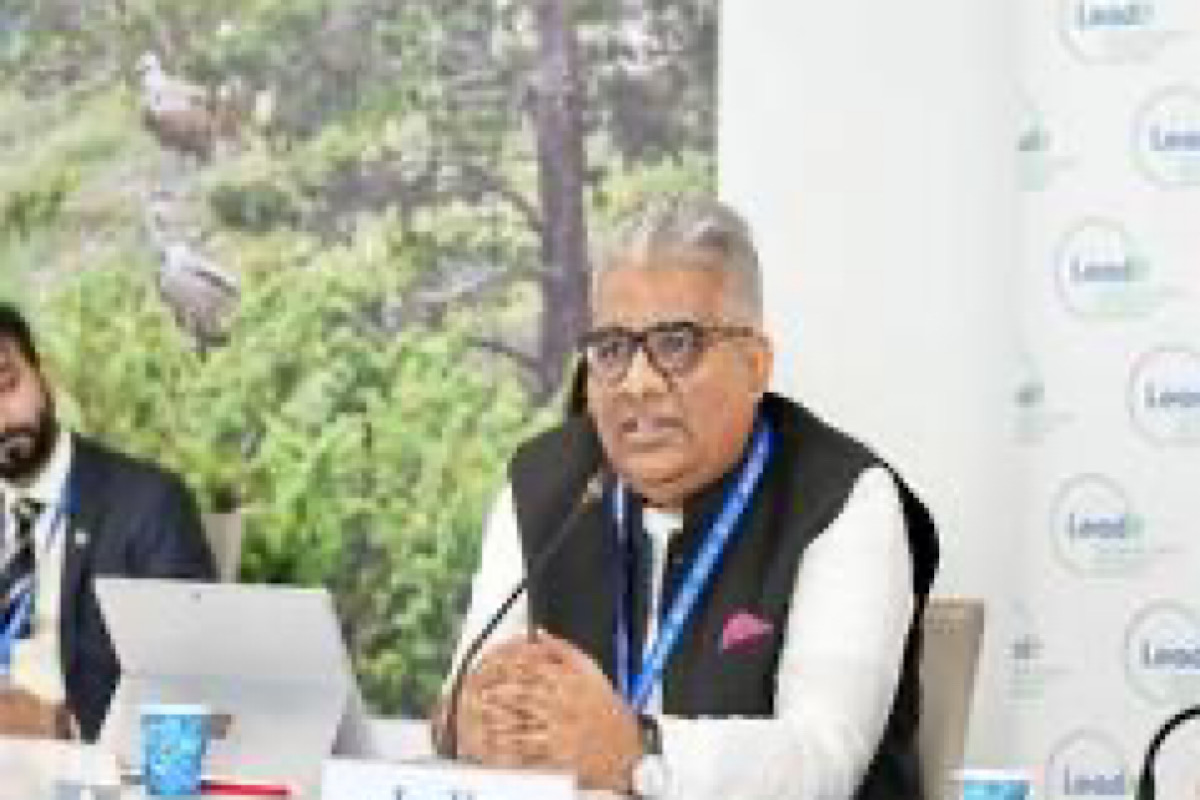In the bustling halls of COP28, India’s resolute stance on climate negotiations reverberates, echoing the nation’s plea for “equity and justice.” As the world grapples with the urgency of climate action, India’s demand for a fair distribution of responsibilities reflects the intricacies of balancing development aspirations with global environmental imperatives. At the heart of India’s argument lies the principle that developed nations, historically responsible for the lion’s share of carbon emissions, should bear the mantle of leadership in mitigating climate change.
Outlining India’s position, union climate change minister Bhupender Yadav’s call for “equity and climate justice” underscores India’s determination not to be shackled by emission reduction obligations that could impede its burgeoning economic growth. India, the world’s third-largest emitter after China and the United States, acknowledges its environmental footprint. However, as a developing nation, it contends that its pursuit of economic prosperity should not be stifled by disproportionately burdensome emission cuts. This plea for fairness in shouldering the climate burden reflects a nuanced understanding of the delicate balance between economic development and environmental stewardship. The impasse at COP28 over the future use of fossil fuels encapsulates the global struggle to strike a harmonious chord in climate discussions.
Advertisement
India, joined by other fossil fuel-dependent economies, contends that the onus should fall heavier on wealthier nations that have historically released more climate-warming emissions since the industrial revolution. This tug-of-war between nations underscores the inherent challenges of forging a united front against a common adversary ~ climate change. Prime Minister Narendra Modi’s proposition to host COP33 talks in 2028 adds a layer of diplomacy to India’s climate narrative. While advocating for a fairer global climate agenda, India extends an olive branch by offering to play a crucial role in shaping future negotiations.
Mr Modi’s recognition that a “small section of humanity” has disproportionately exploited nature sets the stage for collaborative efforts, transcending national boundaries in tackling a crisis that affects the entire global community. India’s energy landscape, dominated by coalfired power constituting 80 per cent of its electricity supply, poses a conundrum. Despite global calls at COP26 for a “phase down” in unabated coal power, India’s pushback at COP27 and subsequent resistance to specific timelines for coal phase-out reveal the complex interplay between energy demands and environmental responsibility. The surge in domestic power demand during this year’s scorching summer only amplifies the challenge, emphasising the need for a nuanced approach to balance immediate energy needs with long-term sustainability goals. India’s commitment to sourcing 50 per cent of its electricity from renewable sources by 2030 underscores a forward-looking vision.
However, the concurrent plan to add 17 gigawatts of coal capacity within the next 16 months reveals the tight-rope India walks between embracing renewables and addressing immediate energy shortfalls. In navigating the intricate terrain of COP28, India emerges as a voice calling for fairness, a plea rooted in an understanding of historical responsibilities and the need for collaborative, inclusive climate action.
